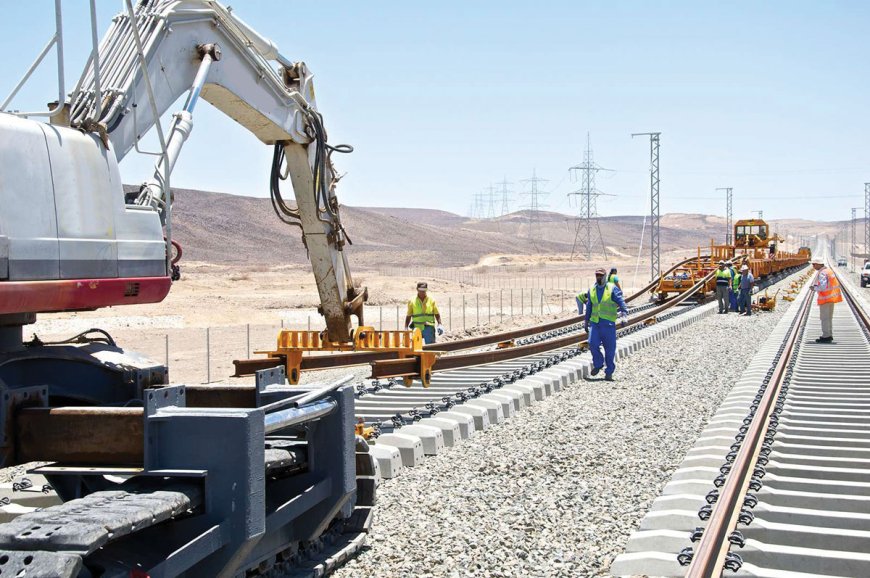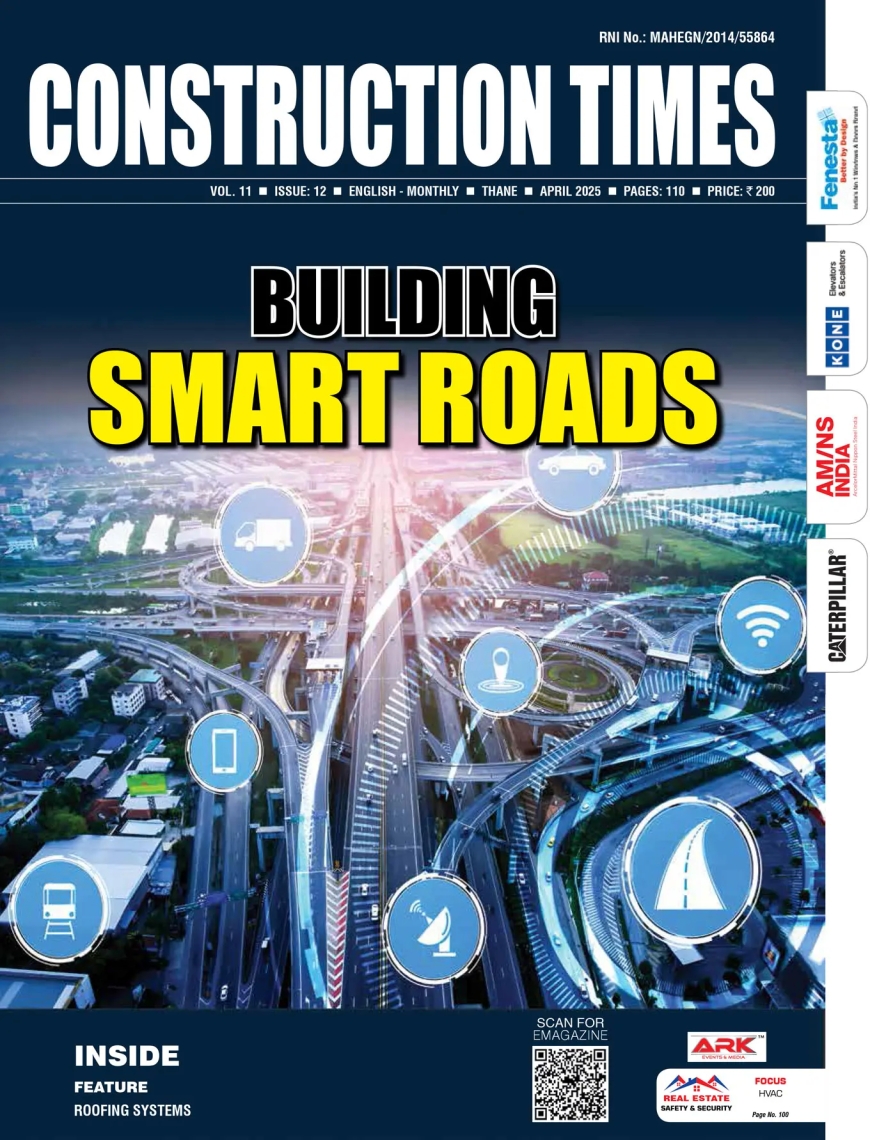Indian Railways, one of the largest and busiest rail networks globally, spans 68,000 km in route length and over 1.08 lakh km in track length. It serves as the backbone of the nation's economy, connecting cities, towns, and remote areas across India. While its immense scale enables seamless transportation, it also presents significant challenges in terms of infrastructure, safety, operational efficiency and capacity expansion. As India focuses on enhancing its railway infrastructure, numerous opportunities are emerging for civil consultants to play a pivotal role in this transformation.
Challenges faced
Aging infrastructure: A significant portion of Indian Railways’ infrastructure, such as tracks, bridges and stations, is decades old. This outdated infrastructure has led to slow train speeds, frequent breakdowns and higher maintenance costs. A systematic upgrade of infrastructure is needed to ensure the system can meet current and future demands efficiently.
Operational inefficiencies: Current operational practices such as manual scheduling, limited integration between departments, and suboptimal resource management have resulted in inefficiencies. These issues contribute to delays, increased operational costs and reduced asset utilization. Modernizing scheduling systems, implementing automated processes and optimizing maintenance schedules are essential to improving operational efficiency.
Safety concerns: Safety is a longstanding concern for Indian Railways. Despite improvements, derailments and accidents continue to be a regular problem. The lack of predictive maintenance, inadequate signaling systems and insufficient data on track conditions are some of the primary causes of these safety risks. Addressing these concerns with advanced safety mechanisms, real-time monitoring and data-driven decision-making is critical for improving both passenger and freight safety.
Over-reliance on freight revenue: While freight transport is a major revenue contributor to Indian Railways, the system has been slow to diversify its income streams. This over-dependence on freight has led to underinvestment in passenger services, which are crucial for the broader social and economic integration of the country. A balanced approach that improves both freight and passenger services is necessary for financial sustainability.
Capacity constraints: Overcrowding on busy routes, particularly in urban areas, is a major problem. The high demand for train services combined with infrastructure limitations creates significant capacity bottlenecks. To meet the growing passenger numbers and alleviate overcrowding, expanding capacity is a critical focus area.
mega investment plan
To address these challenges, the Indian Government has committed to a massive investment plan. As of 2024, the government is set to invest approximately Rs 2.5 lakh crore (~$30 billion) in upgrading infrastructure, modernizing stations, electrifying the network and developing high-speed rail corridors over the next five years. This financial push will lay the foundation for the expansion and modernization of Indian Railways, offering numerous opportunities for civil consultants in infrastructure design, project management and construction supervision. Furthermore, the National Rail Plan 2030 envisions a net-zero carbon railway network, with better connectivity and modernized stations.
Key focus areas for civil consultants
Infrastructure modernization and expansion: The Indian Railways is working on the construction of new railway lines with 488 projects covering 44,488 km at various stages of progress. As of March 2024, approximately, 32,443 km are still under construction and to meet the ambitious targets, Indian Railways will need to significantly increase its construction capacity. With a record of 4,000 km in 2022-23, the sector aims to build over 6,000 km of new lines annually. Civil consultants with expertise in project management and construction supervision will be essential to ensure timely and quality project completion.
Station redevelopment and Amrit Bharat scheme: Indian Railways is also embarking on a massive station redevelopment project under the Amrit Bharat Scheme. The plan involves upgrading 1,275 stations out of 7,364 total stations, with an investment of Rs 25,000 crore. This initiative aims to improve facilities for approximately 130 million daily passengers. Consultants will play a critical role in modernizing stations, optimizing passenger flow, integrating advanced technologies and enhancing the overall passenger experience.
High-speed rail projects: India is actively pursuing the development of high-speed rail corridors, such as the Mumbai-Ahmedabad bullet train project, which is expected to cut travel time between the cities from 7 hours to just 2 hours. This project and others in the pipeline require specialized expertise in track design, bridge construction, systems integration and electrification. Civil consultants will be crucial in providing technical support for these large-scale projects.
Electrification: The Indian Railways is committed to achieving 100% electrification of its broad-gauge network by 2030. This will involve significant investments in power supply infrastructure, energy systems and electrification of existing lines. Consultants with expertise in renewable energy systems and electrification will play an essential role in ensuring the seamless implementation of these sustainability initiatives.
Safety and security enhancements: To improve safety, Indian Railways is focusing on advanced technologies such as predictive maintenance, automated warning systems and ground-penetrating radar for track inspections. Additionally, with the rising concerns around passenger security, particularly in high-traffic areas, the need for integrated station security systems, AI-driven analytics and surveillance solutions has increased. Consultants with expertise in safety systems will be needed to design and implement these improvements.
A growing opportunity
In a nutshell, there is a potential opportunity which will grow bigger as Indian Railways is poised for a major transformation and the next few years will witness significant infrastructure expansion and modernization. The sector’s growth trajectory presents ample opportunities for civil consultants who can contribute to the efficient execution of large-scale projects across the country. By leveraging technical expertise, innovation and a collaborative approach, firms like MSV International, who is already handling more than 25 railway projects, can play a vital role in helping Indian Railways build a world-class, sustainable and efficient rail network that fuels India’s growth and strengthens its economy.

Pushkar Malik
Managing Director, MSV International Inc.









